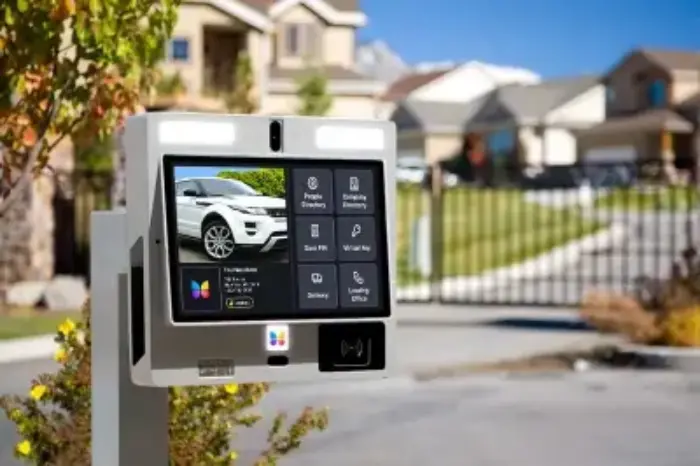Property Access System
Florida Condo Property Access System
Condominium properties often use electronic access systems to control who enters the property. These access systems are commonly found at the property vehicle entrances, building entrances, property pedestrian entrances, amenity entrances such as the gym or pool area.
Depending on the access system, residents and certain vendors use a code, fob, card key, smart phone app, or similar type of key to unlock the doors and gates.
Different brands and makes of access systems are perceived to offer different levels of security. For example, some security system track which codes or fobs are used. Guest or short-term rental limits found in governing documents may be easier to enforce with access systems that have better code use tracking features.
Some access systems are easier to circumnavigate than others. For example, a system that uses a 4-digit access code may be easier to hack than a system that uses an 8-digit access code.
Some access systems limit code use to certain hours of the day or days of the week. This feature is useful to control property access by vendors who are assigned codes. For example, a service contractor that performs work at 9AM on Mondays does not need the ability to enter the property at 2AM on Sundays.
Some access systems integrate cameras, others do not.
Some Florida condo buyers wish they had better understood the benefits and limitations of property access systems before making an offer to buy a condo.
Prospective Florida condo buyers should, if they don't understand how a property access systems work, engage licensed and reputable attorneys and advisors to guide their buying decision.
